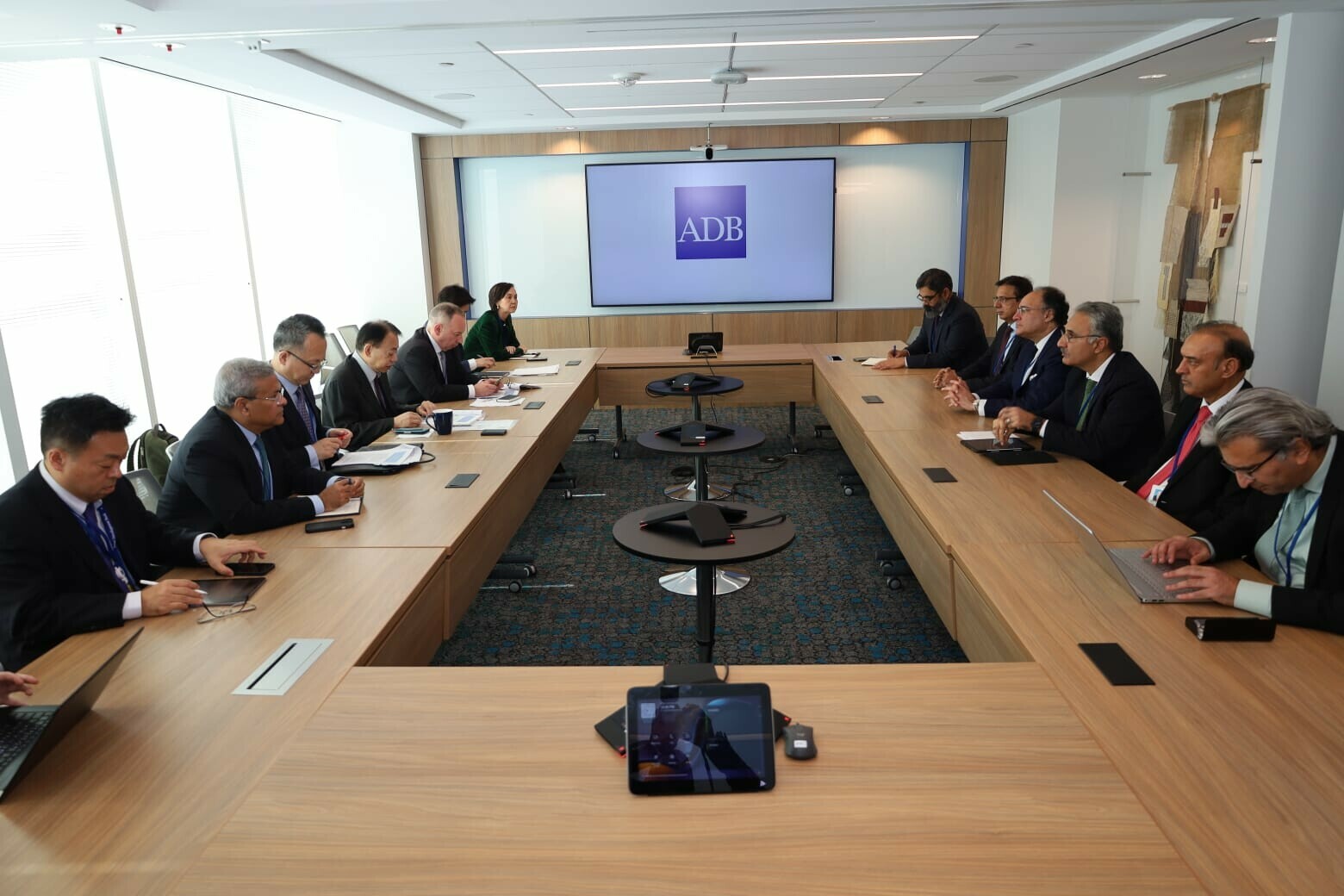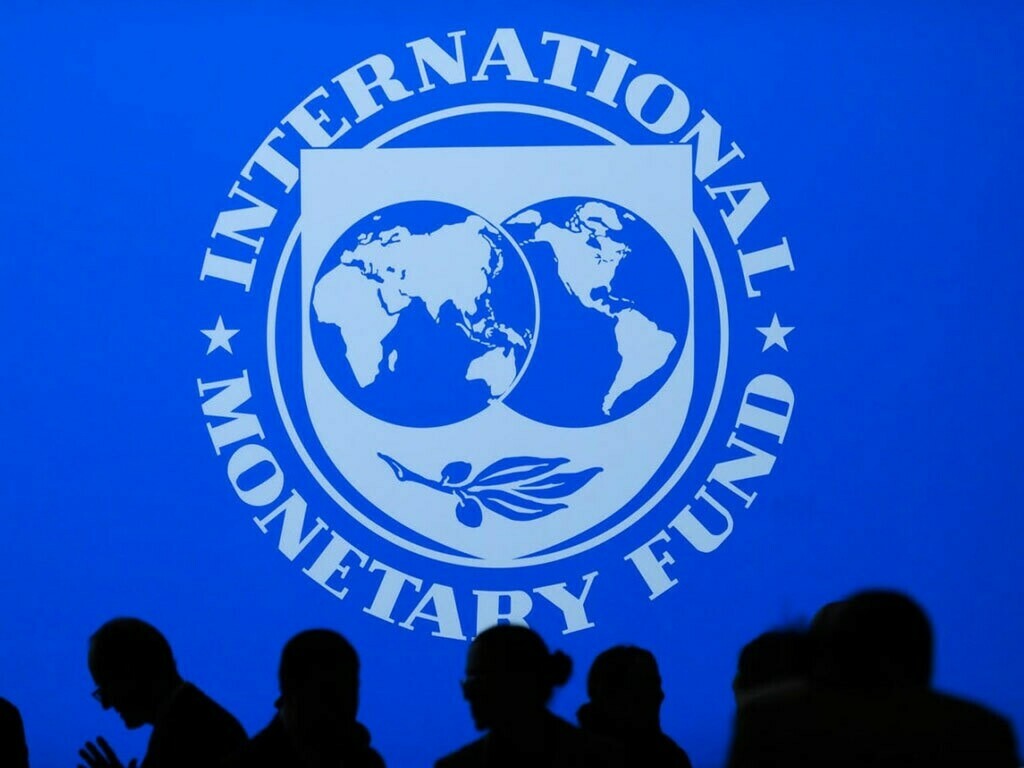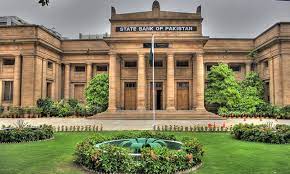PTBP Web Desk
Finance Minister Muhammad Aurangzeb has expressed optimism about the finalization of the Asian Development Bank (ADB) Country Partnership Framework (CPF) for Pakistan.
His remarks came during a meeting with ADB President Masatsugu Asakawa in Washington, D.C., where Aurangzeb is attending the annual meetings of the International Monetary Fund (IMF) and the World Bank. The CPF is expected to provide a strategic framework that would align the bank’s support with Pakistan’s development priorities over the coming years.
During his discussions, Aurangzeb acknowledged the vital role ADB has played in supporting Pakistan’s development initiatives, including infrastructural and economic reforms. He commended the bank’s long-standing partnership with Pakistan and welcomed the establishment of a new ADB office in Islamabad. The new office is set to bolster collaboration on development projects and further ADB’s presence in Pakistan.
Aurangzeb highlighted the significance of ADB’s continued support, particularly a $500 million policy-based loan aimed at boosting Pakistan’s Climate and Disaster Resilience Enhancement Program. This program, which aims to strengthen the country’s capacity to respond to climate-related challenges and natural disasters, is slated for review by the ADB Board on October 29. The finance minister expressed confidence that the approval of this program would significantly contribute to Pakistan’s long-term climate resilience.
In his remarks, Aurangzeb praised ADB for successfully completing the Capital Adequacy Framework and providing Pakistan an exemption from surcharges beyond exposure limits for the next three years. This exemption is seen as a significant financial relief, allowing the country to navigate its economic challenges more effectively while pursuing structural reforms.
Aurangzeb emphasized the need for domestic revenue mobilization as a cornerstone of Pakistan’s economic stability. Both sides concurred that strengthening domestic revenue streams and enhancing regional cooperation would be crucial for the country’s sustainable growth. The minister underscored the importance of swiftly completing the new ADB office in Islamabad, which is expected to serve as a hub for regional development projects and facilitate closer cooperation.
The finance minister also engaged with representatives from S&P Global, providing an update on the macroeconomic stabilization efforts undertaken by the Pakistani government. He discussed the measures aimed at fiscal consolidation and improving the country’s external account balance. Aurangzeb reported progress in key economic indicators, including a downward trend in government financing costs, which is anticipated to reduce debt servicing expenses and contribute to fiscal sustainability.
He expressed optimism that S&P Global would soon upgrade Pakistan’s credit rating, which would enhance investor confidence and facilitate better access to international financial markets. The finance minister’s meetings at the IMF and World Bank session are part of the government’s ongoing efforts to improve the country’s economic outlook and position it for sustainable growth.
Aurangzeb’s discussions with Geoffrey Pyatt, the U.S. Assistant Secretary of State for Energy Resources, centered around Pakistan’s energy sector challenges and the ongoing reforms aimed at addressing them. He highlighted efforts to diversify the energy mix, reduce dependency on imported fuels, and transition towards renewable energy sources. Pyatt reaffirmed the U.S. government’s support for Pakistan’s renewable energy initiatives and discussed potential areas of collaboration in solar, wind, and hydropower projects.
Aurangzeb acknowledged the U.S. government’s offer to support Pakistan’s energy transition and emphasized the importance of international partnerships in achieving sustainable energy goals. The government is actively working on policies that will attract foreign investment in the energy sector, with a particular focus on clean energy development.
strengthening economic ties, Aurangzeb met with Reta Jo Lewis, President of the Export-Import Bank of the United States (U.S. EXIM Bank). The finance minister discussed opportunities for closer collaboration between the export credit agencies of Pakistan and the U.S. He welcomed the U.S. EXIM Bank’s interest in the Pakistani market, particularly in the energy, minerals, and information technology sectors.
Aurangzeb assured that data would be shared to facilitate the U.S. EXIM Bank’s evaluation of investment opportunities in Pakistan. He also sought clarification on the U.S. nexus requirements for goods and services financed or insured by the U.S. EXIM Bank, aiming to streamline future projects and financing arrangements.
The series of meetings held by Finance Minister Aurangzeb at the IMF and World Bank annual session underscore Pakistan’s commitment to economic stabilization and sustainable development. By fostering partnerships with international financial institutions and bilateral partners, Pakistan aims to enhance its economic resilience, boost domestic revenue generation, and address structural challenges in key sectors.
The finalization of the Country Partnership Framework with ADB is a critical step in aligning Pakistan’s development agenda with international support mechanisms. With initiatives such as the Climate and Disaster Resilience Enhancement Program and reforms in the energy sector, the government is focused on building a stronger, more resilient economy capable of withstanding external shocks.
Aurangzeb’s discussions highlight the interconnected nature of economic reforms, regional cooperation, and international financial support. The successful implementation of these initiatives will be crucial in restoring investor confidence, improving Pakistan’s credit rating, and ensuring sustainable economic growth in the years to come.




